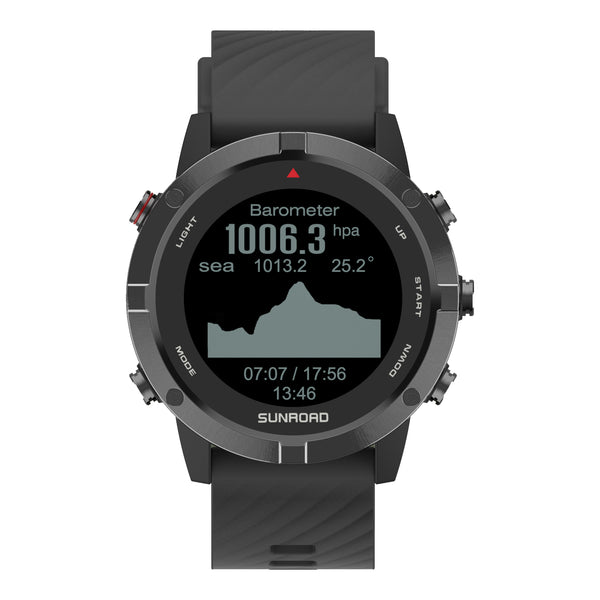Smart Watch For Sale
In a world dominated by high-tech workouts and virtual challenges, a classic outdoor activity like orienteering stands out as a beacon of both physical and mental engagement. This age-old navigation sport, often underestimated, has proven to be more than just a test of endurance. In this blog, we explore the multifaceted benefits of orienteering, delving into how it not only provides an excellent physical workout but also enhances cognitive skills and sharpens thinking abilities.
Orienteering 101: Unraveling the Basics
Orienteering is a sport that involves navigating through a series of checkpoints in diverse terrains, using only a map and compass. Participants, known as orienteers, must rely on their navigational skills, endurance, and problem-solving abilities to complete the course successfully.
Physical Fitness: More Than Just a Stroll in the Woods
-
Cardiovascular Endurance:
Orienteering is a full-body workout that significantly improves cardiovascular endurance. Navigating varying terrains, from dense forests to open fields, demands sustained effort, making it an excellent aerobic exercise.
-
Muscular Strength and Stamina:
The uneven terrain and the need to traverse obstacles enhance muscular strength and stamina. Orienteering engages different muscle groups, promoting overall physical fitness.
-
Balance and Coordination:
Negotiating challenging landscapes requires precise movements, improving balance and coordination. Orienteers develop agility as they navigate through rough terrains.
Cognitive Benefits: Navigating the Mind
-
Spatial Awareness:
Orienteering hones spatial awareness skills as participants interpret maps and translate them into their surroundings. This constant mental mapping enhances spatial cognition.
-
Problem-Solving:
The need to make quick decisions about the best route and adapt to unexpected challenges sharpens problem-solving skills. Orienteers must strategize on the go, enhancing their ability to think on their feet.
-
Concentration and Focus:
Navigating an orienteering course demands sustained concentration. Participants must stay focused on both the map details and the changing terrain, fostering improved concentration skills.
Teamwork and Social Benefits: Navigating Together
-
Team Bonding:
Orienteering is often done in groups or teams. Working together to navigate the course fosters camaraderie and teamwork, promoting a sense of shared achievement.
-
Communication Skills:
Effective communication is crucial in orienteering, especially in team settings. Participants learn to convey information clearly and make group decisions efficiently.
Smartwatches in Orienteering: Navigating the Outdoors with Tech
Beyond the traditional tools of maps and compasses, smartwatches prove to be invaluable companions in orienteering, contributing to the overall experience.
Smartwatches designed for outdoor activities offer comprehensive fitness tracking features. Orienteers can monitor key metrics such as distance covered, elevation changes, and even heart rate. This not only contributes to the overall fitness aspect but also provides valuable data for performance analysis and improvement.
Getting Started: Embrace the Challenge
Orienteering is accessible to individuals of all ages and fitness levels. Whether you're a seasoned athlete or a casual nature enthusiast, the benefits of orienteering are within reach. Here are a few steps to get started:
-
Find Local Orienteering Events:
Many communities organize orienteering events. Check local listings or orienteering clubs for upcoming opportunities to join.
-
Learn Basic Navigation:
Familiarize yourself with map reading and basic compass skills. There are numerous online resources and workshops available for beginners.
-
Start Small:
Begin with beginner-friendly courses before tackling more challenging terrains. Gradually build your skills and confidence.
Conclusion: A Journey for Body and Mind
In conclusion, orienteering transcends the realm of traditional exercise. It is a holistic activity that not only challenges the body but also stimulates the mind. The combination of physical exertion, cognitive engagement, and social interaction makes orienteering a unique and enriching experience. So, grab a map, don your compass, and embark on a journey that promises not just great exercise but also the sharpening of thinking skills amidst nature's beauty.













